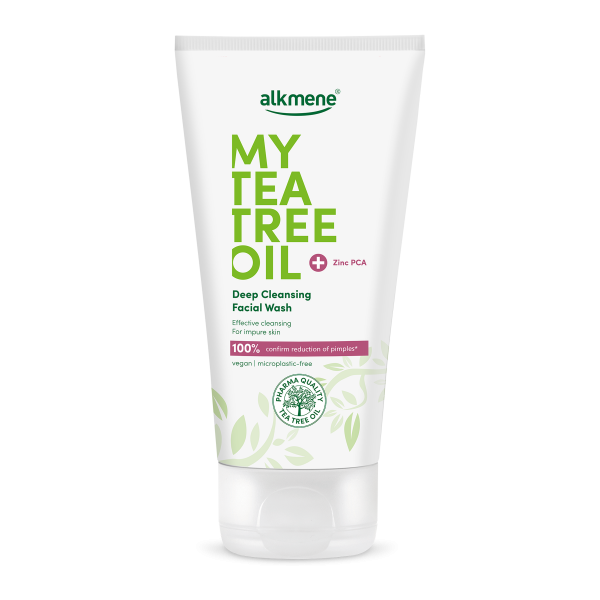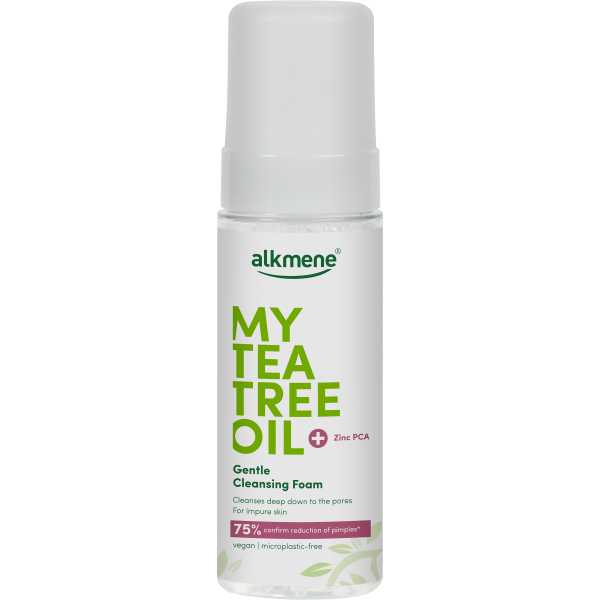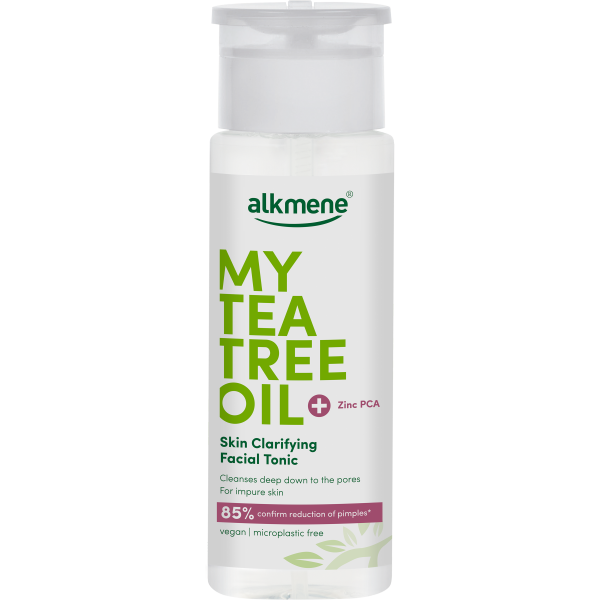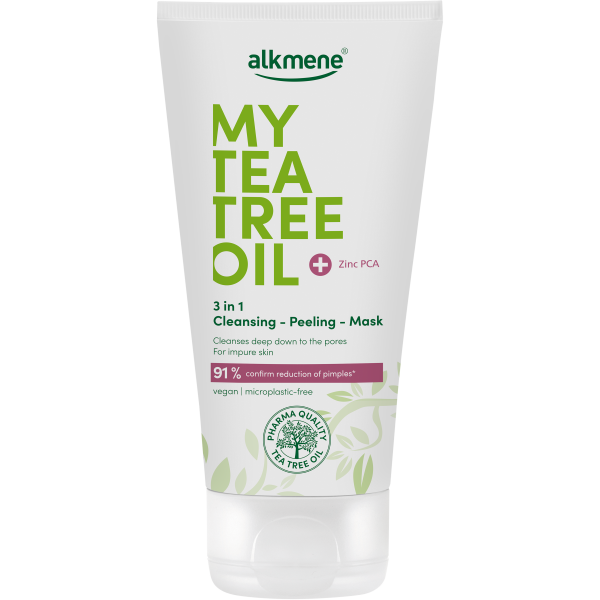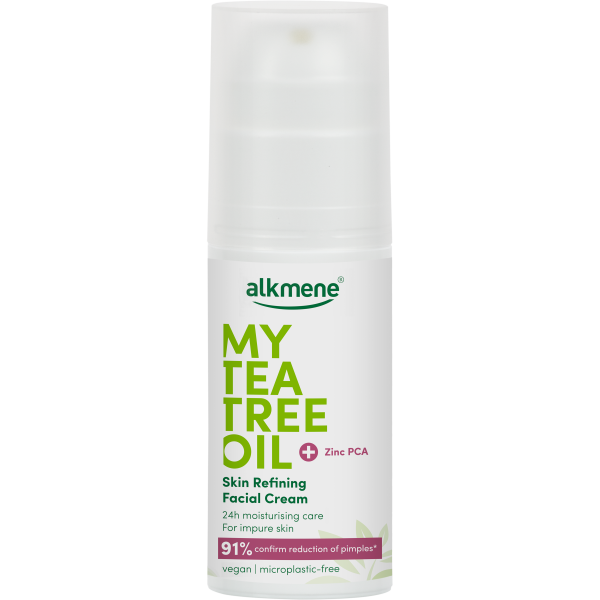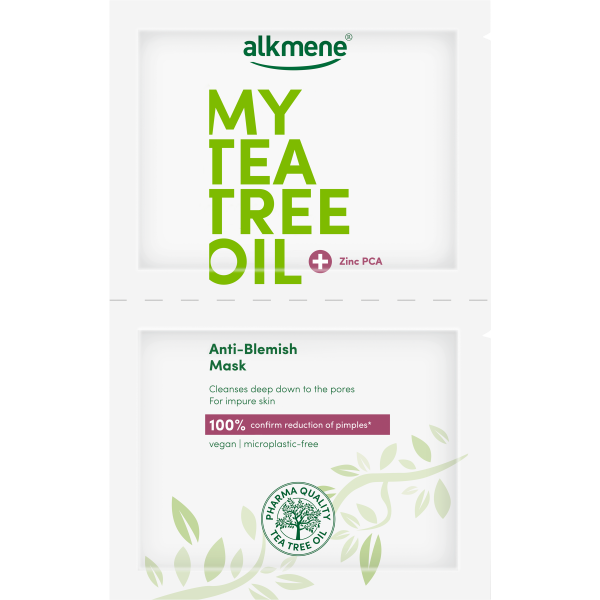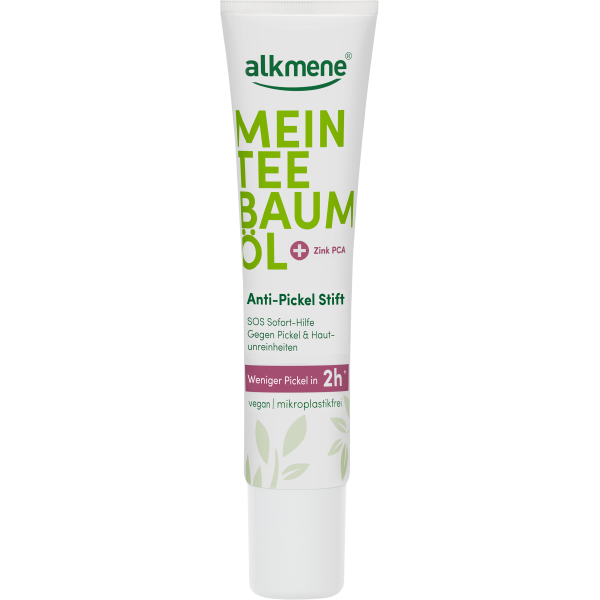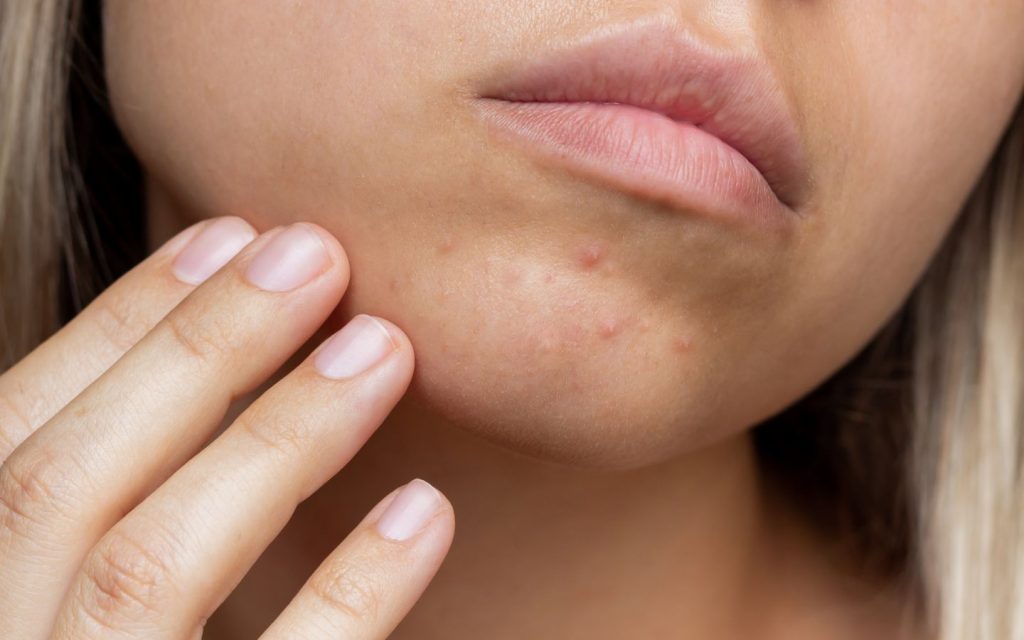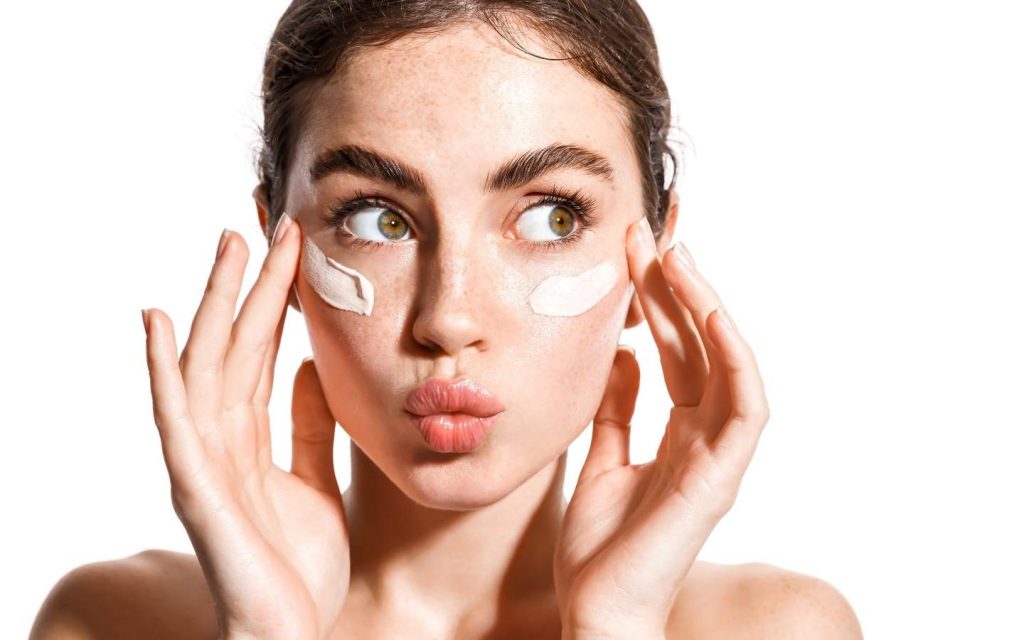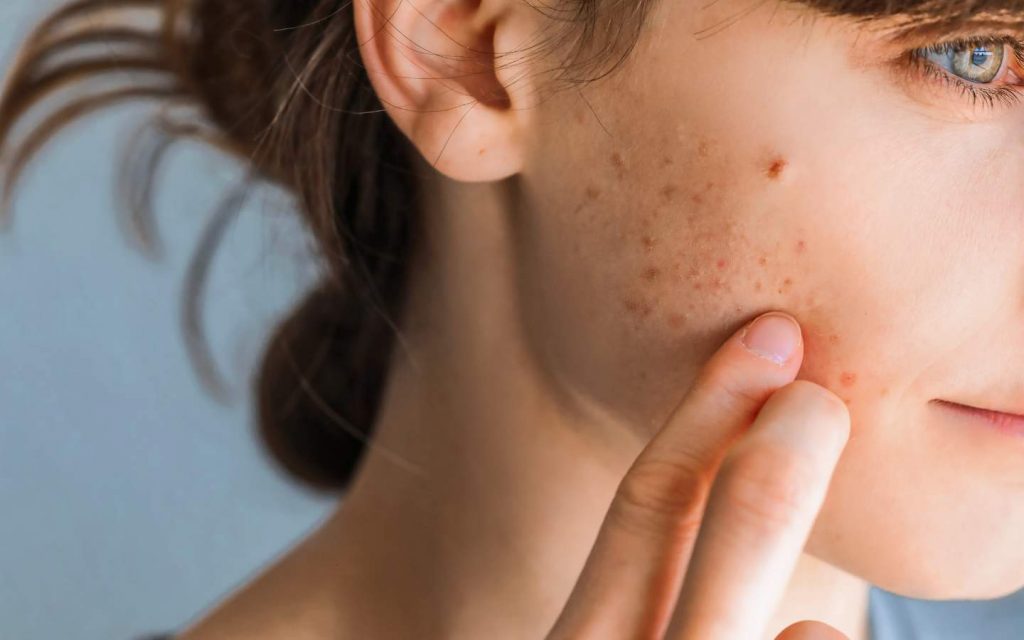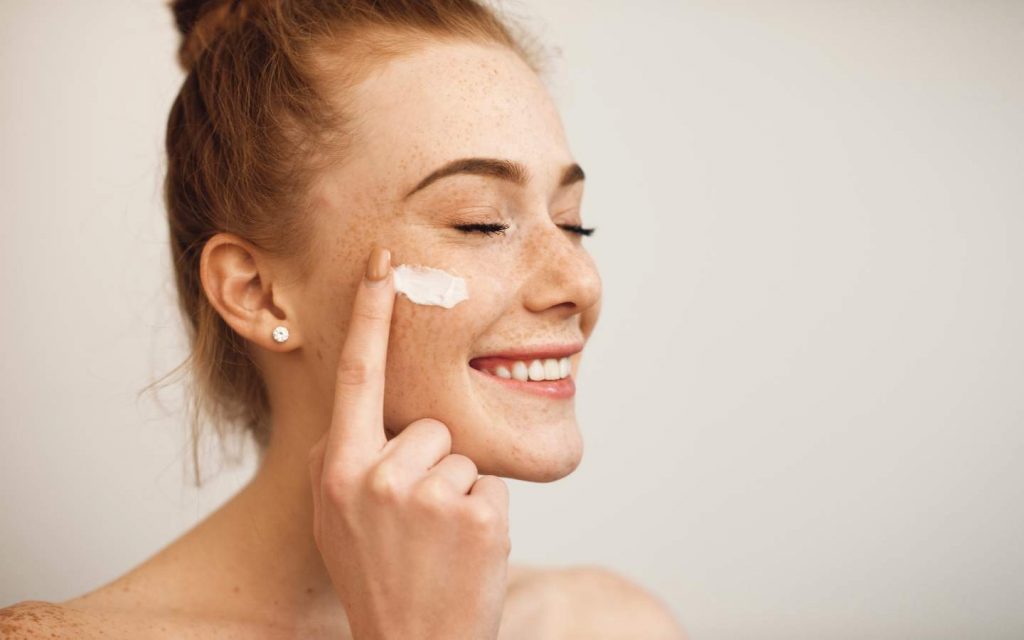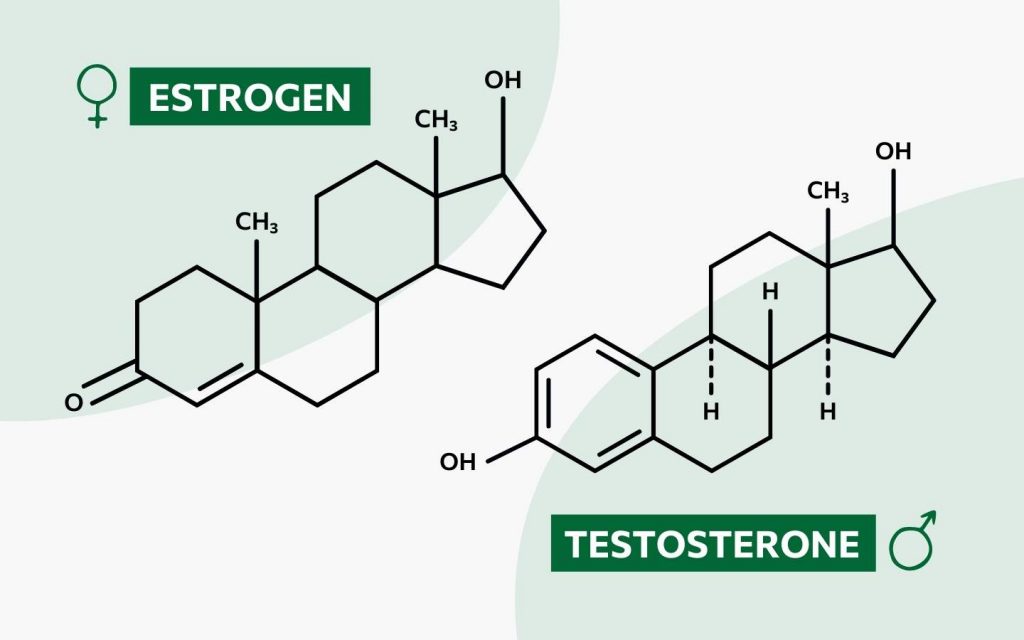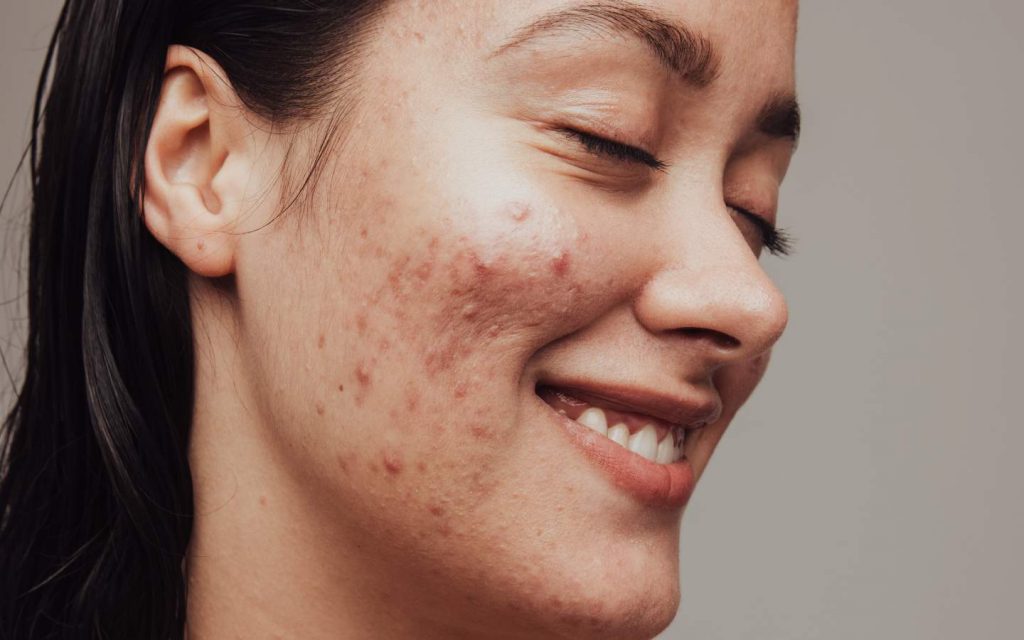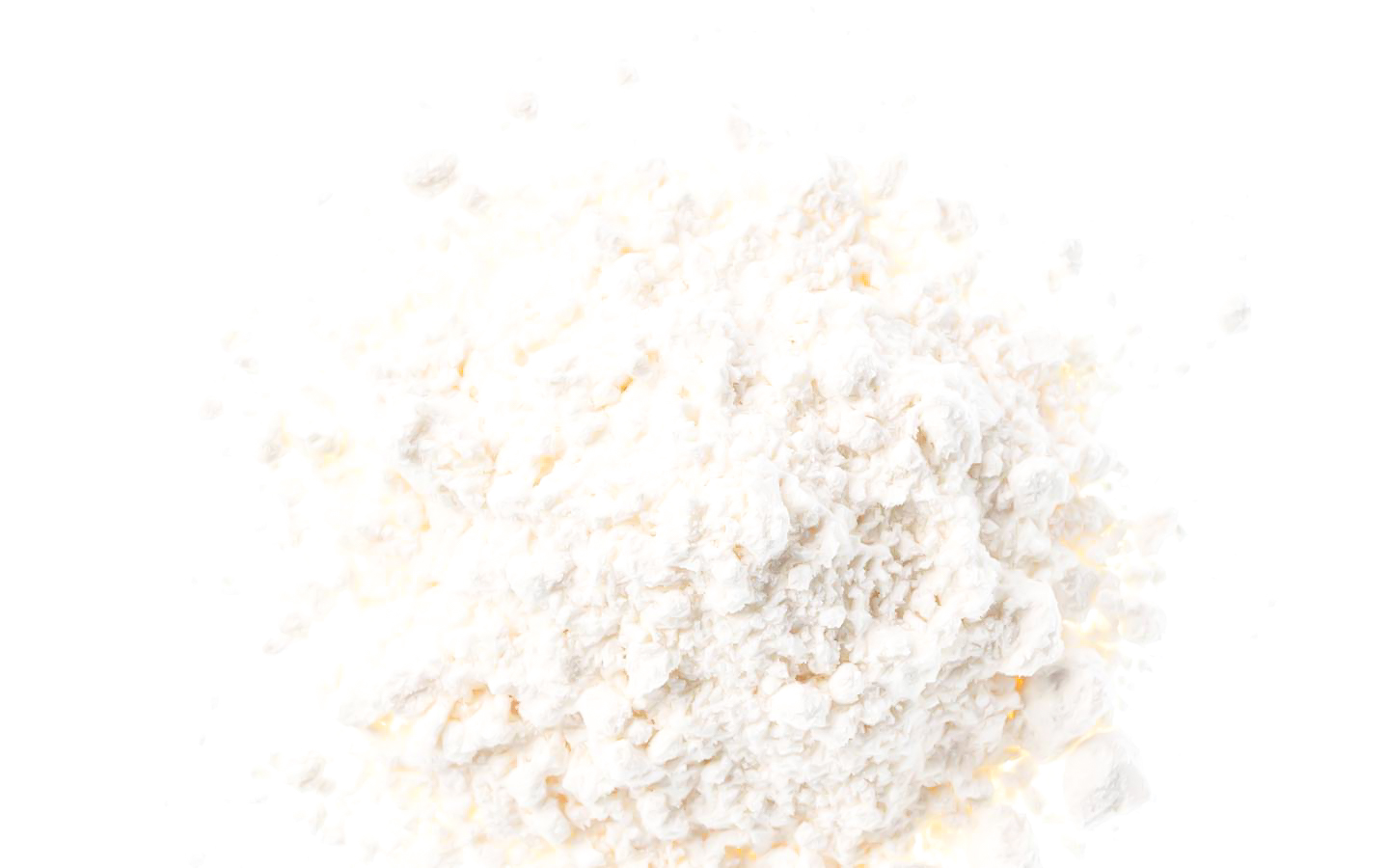

ZINK PCA -
What effect does Zinc PCA have on my skin?
The active ingredient zinc PCA is often used in skin care and ensures a clear and even complexion, for blemished skin. Why this is so, you will learn in this article.
What is zinc PCA?
According to legal regulations, the fluoride content in toothpastes for adults and children over 6 years of age must not exceed 0.15% (1500 ppm, parts per million). Overall, experts advise a guideline value of 0.05 mg of fluoride per kg of body weight per day. However, this guideline value includes not only toothpastes and mouthwashes, but also foods and beverages, such as fluoridated salt, nuts, etc.
Zinc:
Zinc is an important trace element that is most abundant in the human body along with iron. The body cannot produce the trace element itself. Due to its activity in nearly 200 biochemical metabolic reactions, zinc is an essential and important element for nutrition, detoxification and combating cellular aging.
PCA:
PCA stands for the compound L-pyrrolidone carboxylic acid (L-PCA) and is a natural component throughout the human organism. In this context, L-PCA is found in high concentration in the uppermost layer of the human skin (so-called stratum corneum).
Zinc PCA:
Zinc PCA is the salt of pyrrolidone carboxylic acid (L-PCA), i.e. the carboxylate, a key molecule of the skin involved in the hydration and energy processes of the human organism.
What are the properties of zinc PCA?
1. astringent effect
Zinc causes enlarged pores to contract and has a sebum-regulating effect. The trace element can thus help to refine your skin texture by drying out minor skin impurities.
2. antiseptic effect
Zinc prevents the development of microbial infections and is therefore ideal for blemished and oily skin.
3. moisturizing effect
PCA protects the skin from drying out, because the active ingredient is characterized by a water-binding property. Your skin is thus supplied with sufficient moisture and the feeling of skin tightness is reduced.
Can zinc PCA be used during pregnancy?
Due to changes in the hormonal balance during pregnancy, skin problems may occur in some cases or existing skin problems may be aggravated. Since zinc PCA is mainly used as an active ingredient against skin impurities, the question arises here whether women can use the active ingredient during their pregnancy. Unfortunately, no detailed information is available to date on whether products containing zinc PCA can be used during pregnancy. In normal cases, however, there should be nothing to prevent the use of facial products with zinc PCA during pregnancy.
